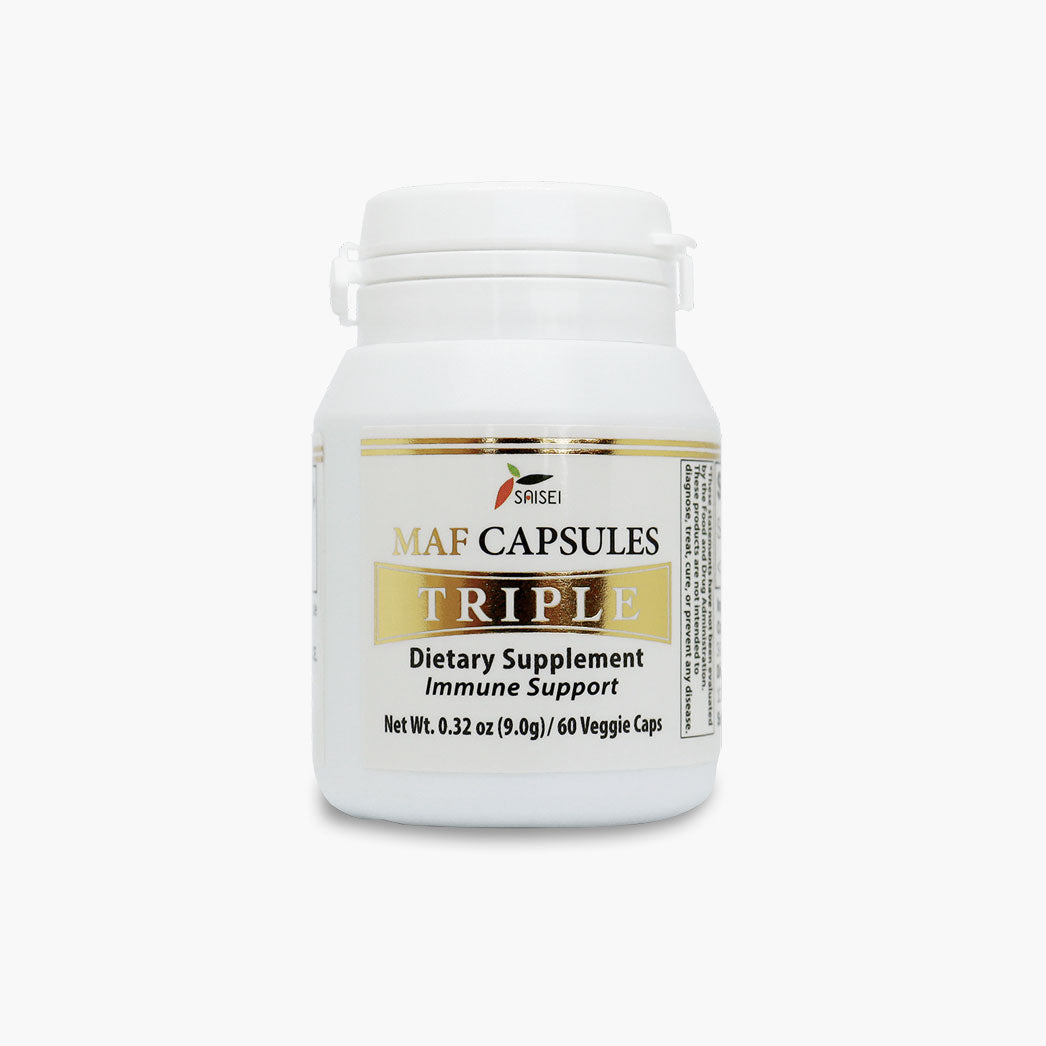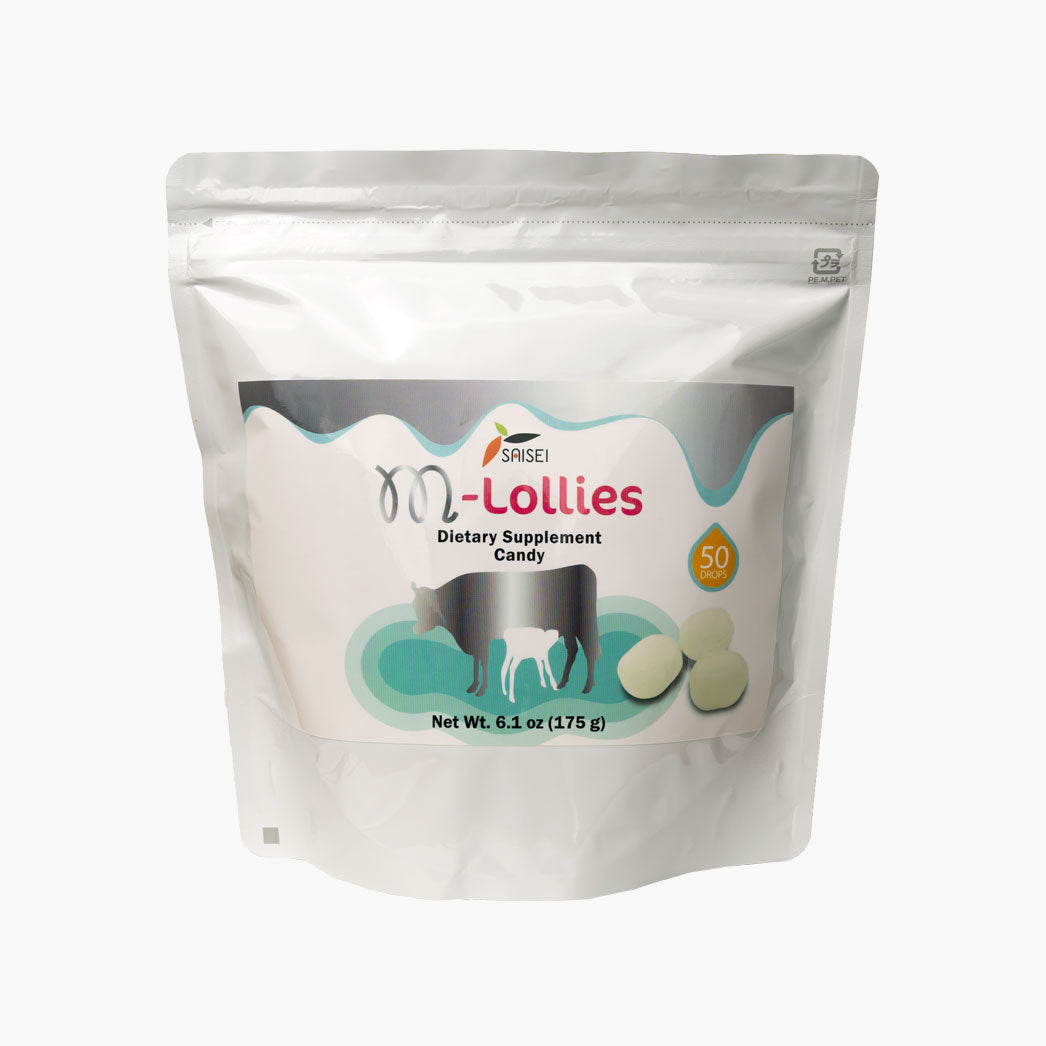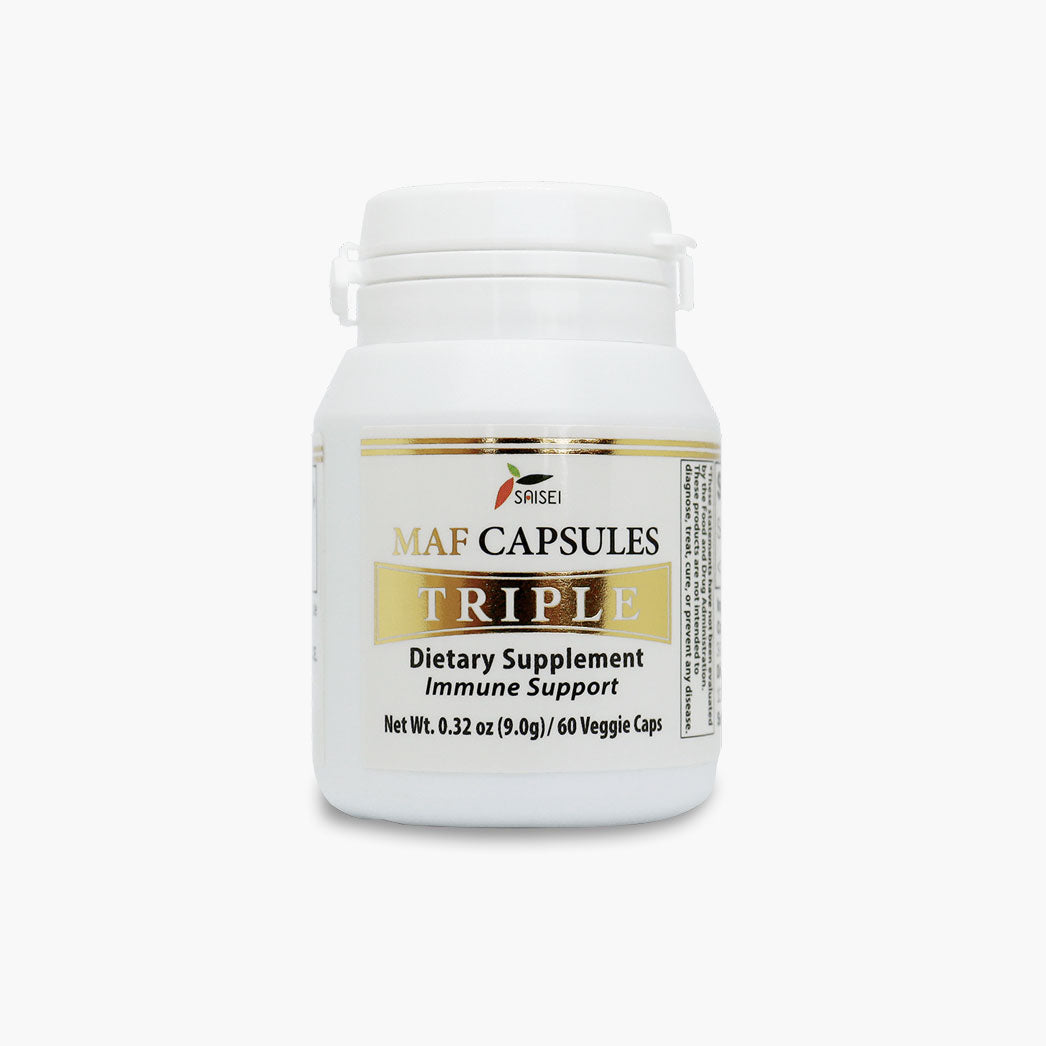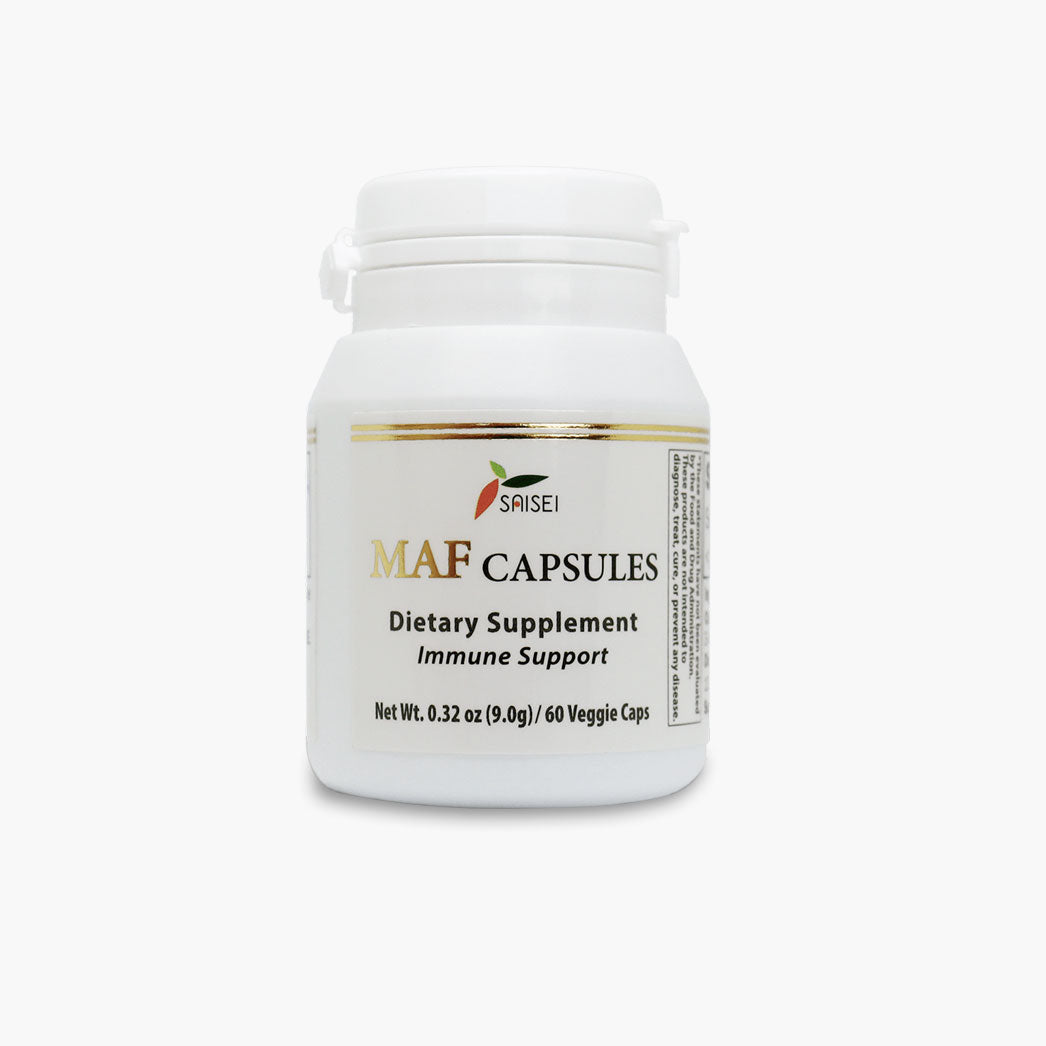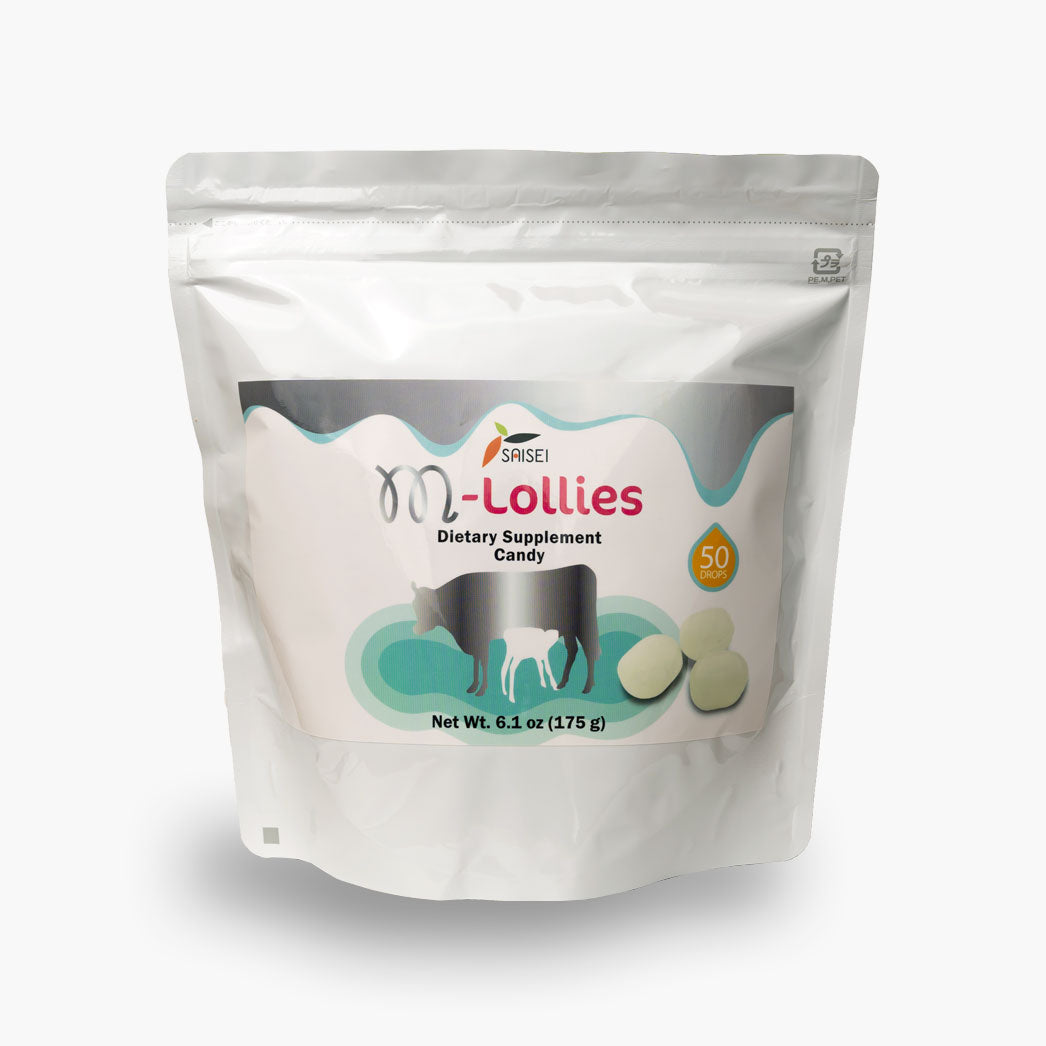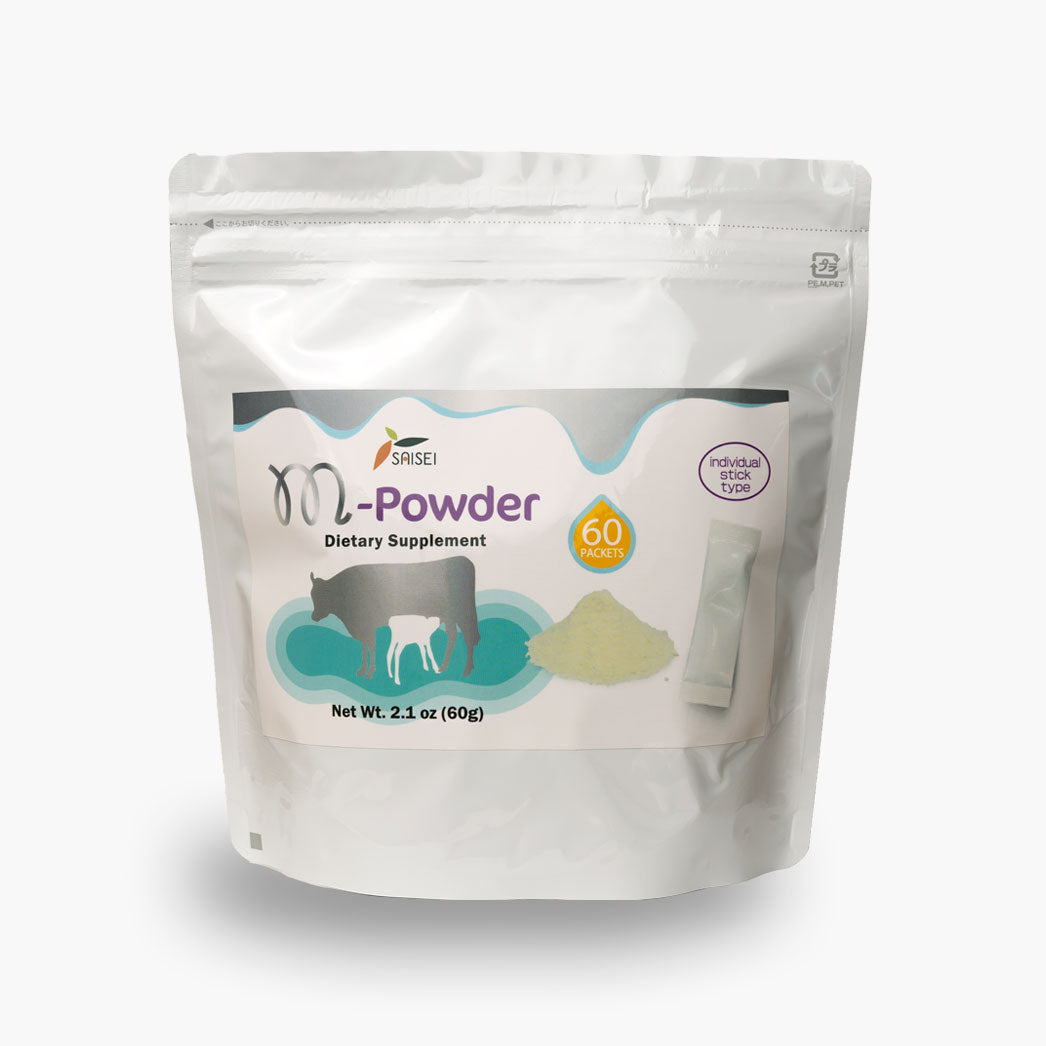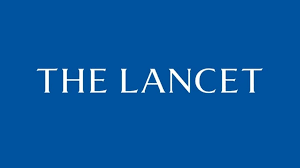
Abstract
BACKGROUND: Excessive inflammation and lymphopenia are linked to poor Covid-19 clinical outcomes. Targeting both conditions using an immunomodulating approach needs to be tested.
METHODS: We conducted an open-label, randomized, controlled trial of MAF Capsules and M Capsules in adults who were hospitalized with Covid-19 and had evidence of lower respiratory tract infection but at enrolment did not require resuscitation or mechanical ventilation. Patients were randomly assigned to receive, in addition to standard of care (SOC), either MAF Capsules (MAF group) or M Capsules (M group) (both 148 mg three times per day for 14 days) or SOC only (control group). The first primary outcome was the time to basic clinical improvement and to recovery, defined as the first day, during the 29 days after enrollment, on which a patient did not require any oxygen therapy or hospitalization, and the proportion of patients limited in their activity after recovery. The second primary outcome was mortality for any reason on days 14 and 29 after randomization.
RESULTS: A total of 204 patients underwent randomization (with 63 assigned to MAF Capsules, 69 to M Capsules, and 72 to the control group). Those who received MAF Capsules had a median recovery time to basic clinical improvement when they did not require supplemental oxygen for 6 days (95% confidence interval [CI], 4.0, to 11), and who received M Capsules 6 days (95% CI, 4 to 10.5), compared with 9 days (95% CI, 5.3 to 13.0) among those who received SOC (MAF vs. SOC P=0.020 and M vs. SOC; P=0.004). Serious adverse events were less common for both MAF and M groups (5% and 6% respectively) than in the control group (13%). Fisher's exact estimates of the significant reduction in mortality in the MAF group compared to the control group by day 14 (1.6 % vs. 8.3%; P=0.121) and by day 29 (3.2% vs. 15.3%; P=0.020) and in the M group compared to the control group by day 14 (2.9 % vs. 8.3%; P=0.121) and by day 29 (2.9% vs. 15.3%; P=0.017).
Аn absolute lymphocyte count (ALC) of less than 0.8x109/L at enrollment imposed a multiplicative effect on the risk of mortality, which on day 29 was three times higher than for the whole intent-to-treat population (21% vs. 7%). This trend diminished in MAF and M groups. The day 29 mortality in those who had baseline ALC values lower than 0.8x109/L was 2 out of 13 (15%) and 2 out of 17 (12%) patients respectively vs. 6 out of 18 (33%) patients in the control group. Lower mortality was linked to greater ALC restoration, which on day 14 exceeded the 0.8x109/L level in 77% of patients in the MAF group and 59% in the M group, compared to 22% in the control group. A similar trend was seen in the lymphopenic cohort with baseline ALC values below 1.0x109/L, where an increase above this level on day 7 and day 14 was seen in 43% and 68% of patients in the MAF group, and in 21% and 59% of patients in the M group, compared to 7% and 40% of patients in the control group.
The study agents prevented lymphocyte depletion, as incidences of any decrease of ALC below the baseline level on day 14 occurred in significantly fewer patients in the MAF group (25.4%), compared to the control group (45.8%) (P=0.019) and fewer patients in the M group (29.0%) compared to the control group (45.8%) (P=0.055); ALC depletion by ≥50% from baseline level consisted of 7.9%, 5.8%, and 15.3% in the MAF, M and control group respectively.
In the analysis with an eight-category ordinal scale, the cohort of those who reached one of the primary recovery endpoints at day 14, consisted of 87.3% of the MAF group, 86.9% of the M group vs. 73.6% of the patients in the control group. The proportion of those discharged without limitations on their activities was significantly greater in the MAF group and the M group, 54% and 50.7% respectively, compared to 29.2% in the control group.
CONCLUSION: Our data shows that MAF Capsules and M Capsules were superior to SOC in decreasing mortality and shortening the time to recovery in adults who were hospitalized with non-critical Covid-19 (ClinicalTrials.gov: NCT04762628). Both study agents prevented ALC depletion and accelerated its restoration, which is considered one of the mechanisms for improved Covid-19 clinical outcomes.
Trial Registration: ClinicalTrials.gov: NCT04762628
Funding: The study sponsor is Saisei pharma LTD, Japan, the company that paid all study-related expenses.
Declaration of Interests: The authors have no financial/personal interest or belief that could affect our objectivity and have no competing interest.
Ethics Approval: The trial protocol was approved by the institutional review board at each site. Written informed consent was personally obtained from each patient.
Our clinical trial was performed in the clinical sited, research, and had ethical approval in both clinical sites.
Approving bodies are listed below:
1. Commission on Ethics at the Municipal Non-Profit Enterprise of the Kharkiv Regional Council "Regional Clinical Infectious Diseases Hospital",
Address: Heroes of Stalingrad AVE, 160; Kharkiv, Ukraine
The number of approval statement: 5/21 from March 2, 2021.
2. Research ethics committee affiliated with Luhansk State Medical University,
Address: Budivelnukiv street, 32, Rubijne, Luhansk region Ukraine.
The number of approval statement: 1 from OCT 23, 2020
Keywords: Covid-19 treatment, Saisei MAF Capsules, Saisei M Capsules, lymphopenia, Mortality
Suggested Citation:

